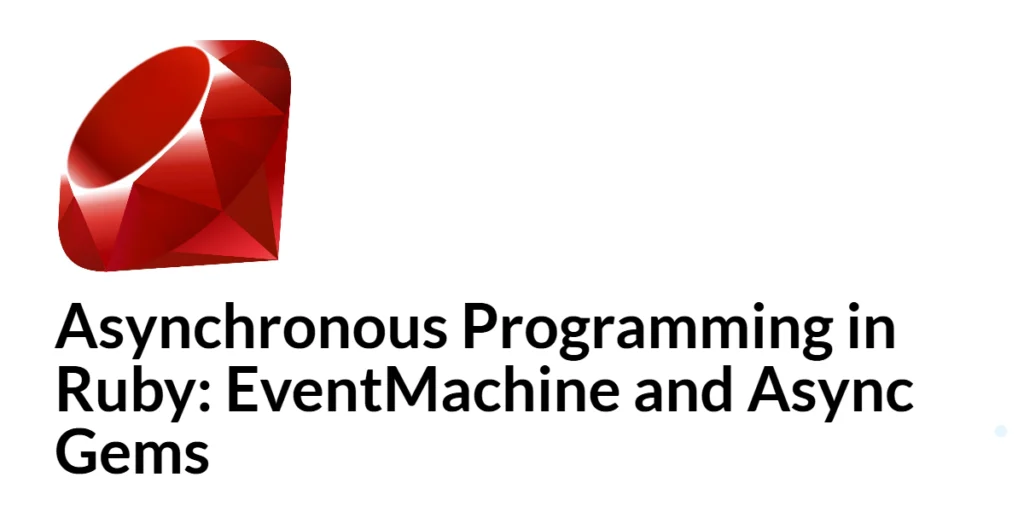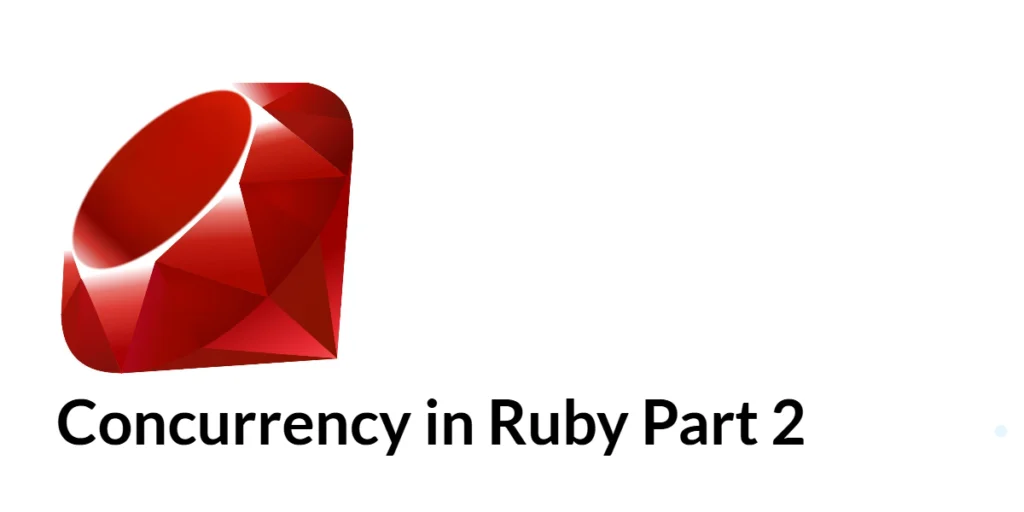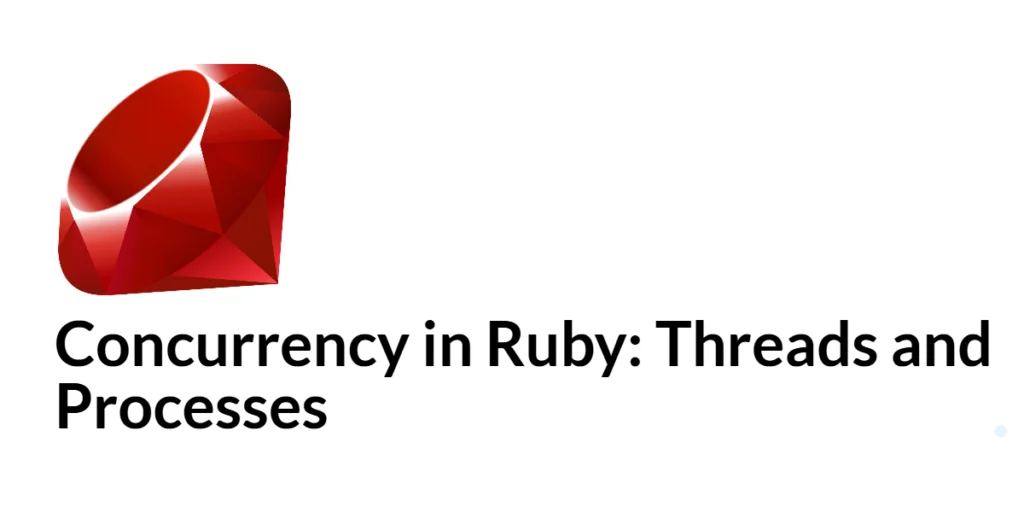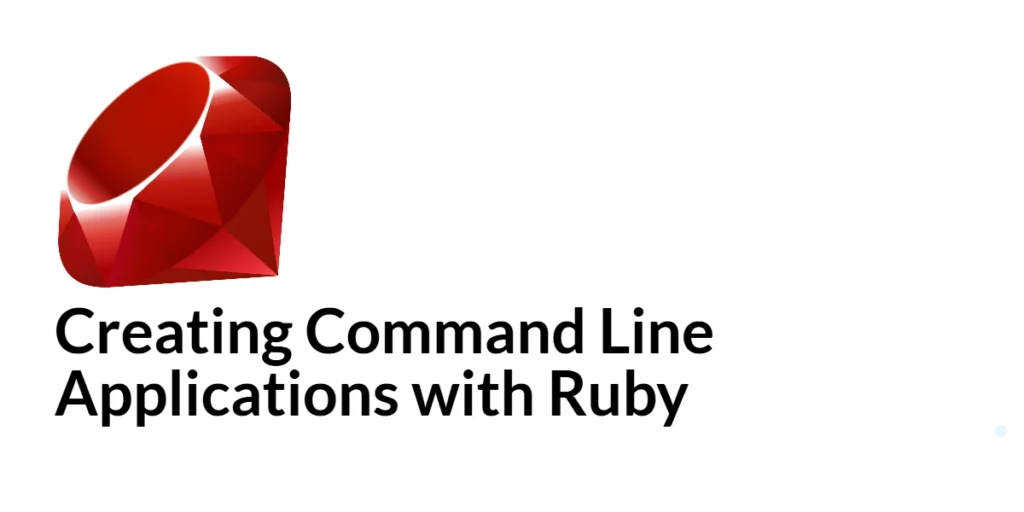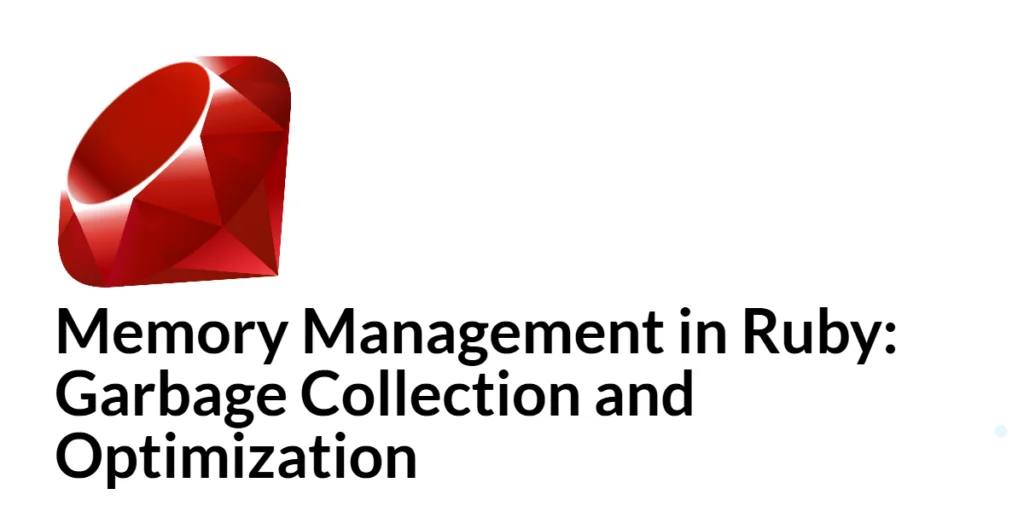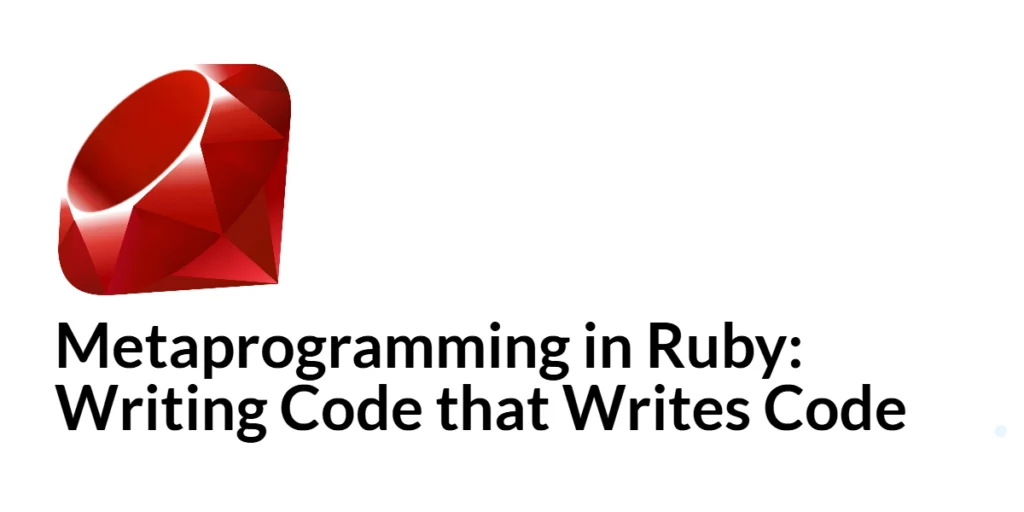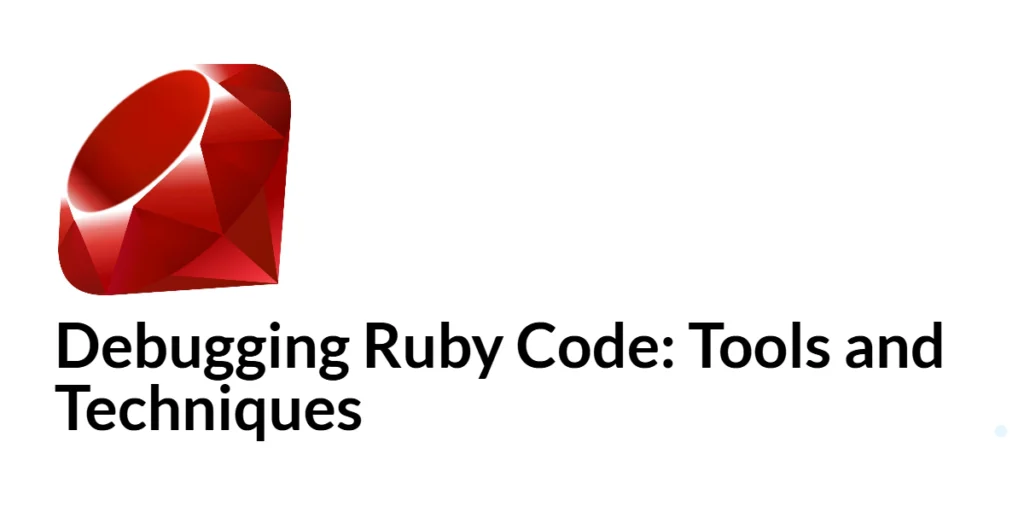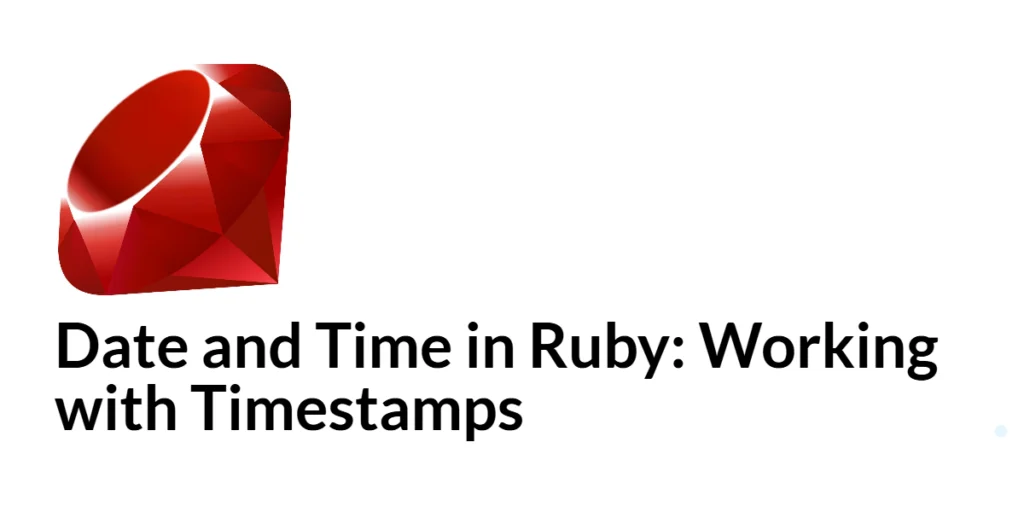Asynchronous Programming in Ruby: EventMachine and Async Gems
Asynchronous programming is a paradigm that allows multiple tasks to run concurrently without waiting for each other to complete. This is particularly useful in scenarios involving I/O-bound operations such as network requests, file I/O, and database interactions, where waiting for one task to complete can lead to inefficiencies and increased latency. By leveraging asynchronous programming, […]
Asynchronous Programming in Ruby: EventMachine and Async Gems Read More »
